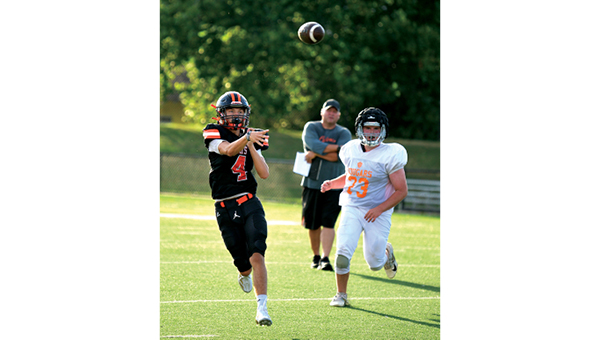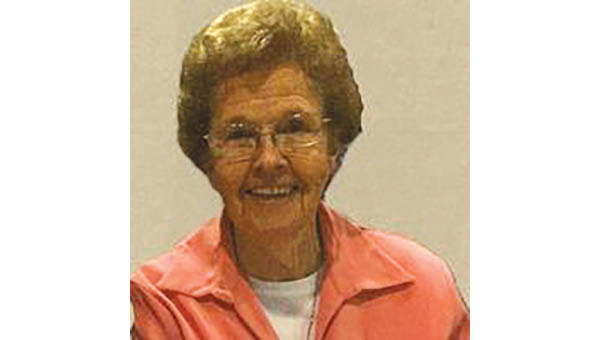Small moves such as book banning threaten our freedoms
Published 12:11 pm Tuesday, April 11, 2023
|
Getting your Trinity Audio player ready...
|
Whether we realize it or not, our democracy is being threatened by small moves that are happening every day. A couple of weeks ago, two Tennessee legislators were expelled because they led a protest on the House Floor. The legislators were black and Democrats. The majority of the legislature is Republican.
In Florida, some teachers have wrapped paper around bookshelves to shield the books from students. Why? If one of the books were to fall afoul of the new state law on book appropriateness the teacher could face a felony charge.
Some, including the Florida governor, call this liberty and freedom.
Last year in Tennessee a novel about the Holocaust was the latest book to be banned in Tennessee.
Moms for Liberty is among the right-wing groups requesting the banning of more than 1,600 book titles in public schools around 32 states.
Book banning and expelling legislators because of their right to assembly don’t partner with the ideas of liberty and freedom. I wonder what George Washington, Thomas Jefferson, and Ben Franklin would think if they could walk the halls of our state legislatures and Congress today.
As a nation we were once heralded as the blueprint for emerging democracies struggling to free themselves from under the boot of tyranny. And even though we have now become a model of divisiveness, anger and dangerous political games, it remains stunning to watch the speed at which books are removed from shelves, and people are being silenced because some lawmakers and groups don’t agree with them.
By definition the word liberty means: the state of being free within society from oppressive restrictions imposed by authority on one’s way of life, behavior, or political views. But, more and more if you don’t agree with those in power, you are banned.
In a nation founded on freedoms of press and expression, the groundswell of bills and proposals to limit access to books is misguided and disheartening, and, perhaps, an implicit expression of a lack of confidence in ourselves as thinking people.
Is our nation, is our community, so fragile that a book on a shelf is a threat?
School libraries have always faced questions about which books and materials to offer to students and which they shouldn’t. Educated people made educated decisions. It was never a print-on-paper free-for-all. There have always been selections deemed inappropriate for students of certain ages.
If a parent had a problem with a book or a magazine, the first line of defense was the family. Parents make decisions all the time about what’s best for their children. That’s the burden and privilege of parenthood, helping to shape a young mind.
Setting a curfew, establishing house rules, requiring chores and deciding what forms of entertainment – apps, movies, websites – are appropriate is part of the job. A parent should be able to decide what’s best for his or her child and help draw the line between acceptable, brief exposure to controversial topics and too much immersion in them. A parent or a lawmaker or an administrator shouldn’t decide for someone else’s child.
Restricting information and discouraging freedom of thought through censorship undermines one of the primary functions of education: teaching students how to think for themselves.
By sealing ourselves and our youth from certain ideas and concepts we weaken ourselves. And anyone who thinks a book ban will keeps books – and their ideas – from youth hasn’t seen a 4-year-old sneaking a cookie from a cookie jar or a teen-ager smoking or drinking.
The surest way to interest a young person – or an old person – in anything is to tell them they can’t do it.
It might score political points or bolster a soundbite, but banning books does nothing to strengthen the will or character of our youth. And it erodes the freedoms our nation was founded upon. What will the next generation of leaders take from these lessons in censorship? That they can’t be trusted?
Not every book is for everyone. But our nation is founded on the principle that those decisions are made as close to the individual as possible.
A statement from the Tennessee Association of School Libraries, the Tennessee Library Association, and Friends of the Tennessee Libraries in response to the increasing number of challenges and bans happening across the country said: “Every book is not for every reader, but every child should have access to books they want want to read.”
Much of our history is not being taught because groups have deemed it not appropriate. But, it is our history, and not all history is pretty. But, it is something we learn from and we cannot erase.





